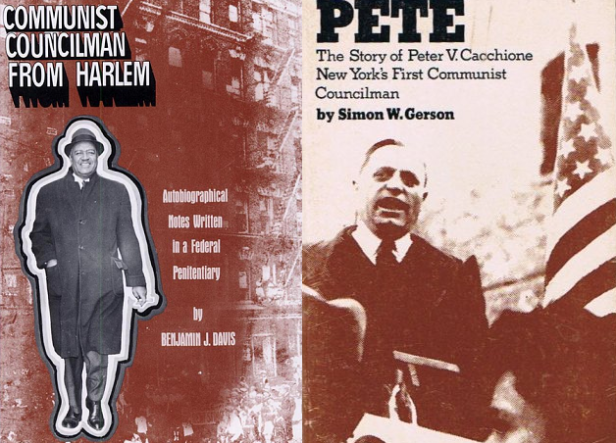By Terry Bouricius. First published by the Vermont Progressive Party blog. Hyperlinks added by this blog.
The issue before us is often referred to as the “spoiler problem.” When more than just two candidates are in an election, the majority can split such that a candidate that the majority believe is the worst choice can win with a plurality of less than 50%.
The notion that prompted this meeting is that it might be possible to persuade two particular political parties (the Democratic and Progressive) to cooperate or even merge to avoid this problem.
This is ultimately futile, as I will explain.
Fortunately, a solution was figured out long ago and is now used in most democracies around the world, and all we need to do is follow their example. Setting aside the question of whether the fundamental principles or policy positions of the Progressive Party and Democratic Party are irreconcilable, overlap, or are the same; setting aside whether the personalities and recent experiences make “working together” easy, difficult, or impossible; this entire question is off the mark.
The fact is that the breadth of political diversity in our society cannot be contained within just two political parties. It never has been, and it never will be. Even if these two parties were to merge into one bigger umbrella Democratic party, or run joint fusion candidates, the so called “spoiler problem” would quickly re-appear as a new left party took the place of the former Progressive Party. Whether that be a revitalized Green Party, Liberty Union Party, or some new anti-war or anti-corporate party, or independent candidacies, there will always be politically active and committed individuals who feel unrepresented by the major parties, and will run for office. In a close race, it doesn’t take very many votes to generate a “spoiler problem.”
The point I want to make is that it is not a matter of making nice between the Progressive and Democratic parties or changing their tactics. That approach can never fix the “spoiler problem” for more than a year or two.
The only path to resolving the “spoiler problem” is to fix the defect in our election method that creates the spoiler dynamic in the first place. The winner-take-all plurality election method.
Most modern democracies have no such “spoiler problem” because they have rejected our 18th century election method for a voting method that accommodates multiple parties. Instant runoff voting is a step in the right direction, with proportional representation being the ultimate remedy. Dozens of cities in the U.S. adopted a method of ranked-ballot proportional representation early in the 20th century (though most were repealed during the McCarthy era, since cities like New York City elected a few communist city councilors with proportional representation).

The NAACP just championed a referendum to restore proportional representation in Cincinnati, which narrowly missed passage on November 4th.
In short, one can never fix the “spoiler problem” by convincing current political players to “just get along.” Only fixing the flaws in our election method has any hope of fixing the “spoiler problem.”
That is what we should be discussing, learning about, and organizing around.


CGP Grey has a fantastic series over different voting systems and the relative merits of each.
Funny story, I actually wrote a blog post about this very issue about a week before this one. You can see it here:
http://rallytorestoresanityandfear.blogspot.com/2016/03/first-past-post-two-party-rule-and.html
LikeLike
Reblogged this on Colorado Progressive Party.
LikeLike